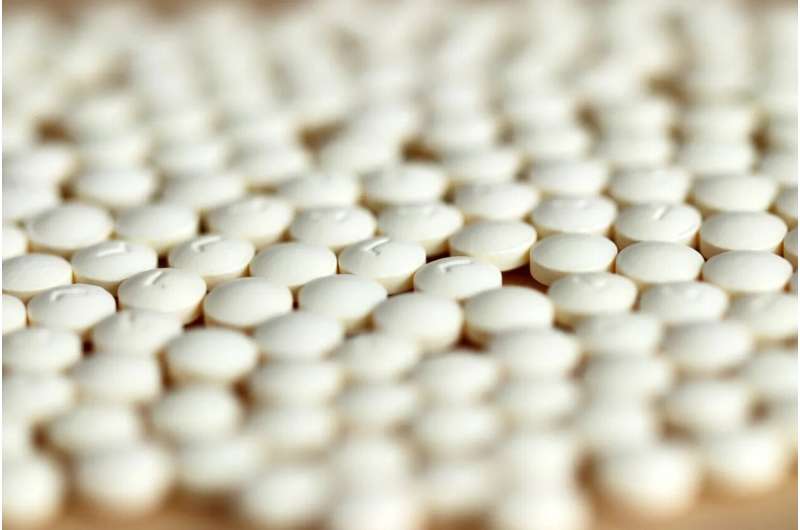
Researchers at Karolinska Institutet have identified a mechanism responsible for a serious psychiatric complication caused by dopamine replacement therapy in Parkinson’s disease. The results of these findings were recently published in Molecular Psychiatry.
Treatment of Parkinson’s disease is in large part based on the administration of levodopa. The use of this drug is limited by the development of psychiatric complications, including a disorder similar to drug abuse and referred to as dopamine dysregulation syndrome (DDS).
“We have identified a mechanism at the basis of DDS. We found that, in an experimental model of Parkinson’s disease, treatment with levodopa leads to abnormal activation of a specific group of neurons located in the brain rewarding system and involved in the effects of addictive substances,” explains Gilberto Fisone, Professor at the Department of Neuroscience and main author of the study.
The resulting change in transmission leads to dysregulation of specific proteins involved in neuronal function, which represent a potential target for interventions counteracting psychiatric disorders in Parkinson’s disease patients.
DDS affects approximately five percent of Parkinson’s patients treated with levodopa and involves a pathological overconsumption of medication, far beyond that necessary to correct the motor symptoms of the disease.
“Patients with DDS feel under-medicated, ignore recommended dosing schedules and self-medicate to a level that often leads to further complications, such as dyskinesia,” says Fisone.
DDS is a major concern for patients and their families. However, little is known about the mechanisms involved in this disorder. The identification of a specific set of neurons pathologically affected by levodopa and causally linked to addictive behavior provides this information, paving the way for the future identification of measures to improve the treatment of Parkinson’s disease.
The study was based on the use of a rodent model of Parkinson’s disease that recreates its complex pathology. The researchers found that the addictive-like effect of levodopa was due to its ability to hyperactivate a group of neurons expressing the dopamine D1 receptor (D1R) in the basal ganglia.
The next step is to investigate the possible involvement in DDS of Delta-FosB, an important regulator of gene expression implicated in drug addiction. Delta-Fos B levels are enhanced in D1R-expressing neurons following administration of levodopa.
“Our hypothesis is that by controlling the overexpression of Delta-FosB via genetic intervention we can also counteract DDS,” says Fisone.
More information:
Carina Plewnia et al, Rewarding properties of L-Dopa in experimental parkinsonism are mediated by sensitized dopamine D1 receptors in the dorsal striatum, Molecular Psychiatry (2024). DOI: 10.1038/s41380-024-02721-3
Citation:
How the Parkinson’s drug Levodopa causes psychiatric complications similar to drug abuse (2024, September 11)
retrieved 13 September 2024
from https://medicalxpress.com/news/2024-09-parkinson-drug-levodopa-psychiatric-complications.html
This document is subject to copyright. Apart from any fair dealing for the purpose of private study or research, no
part may be reproduced without the written permission. The content is provided for information purposes only.


